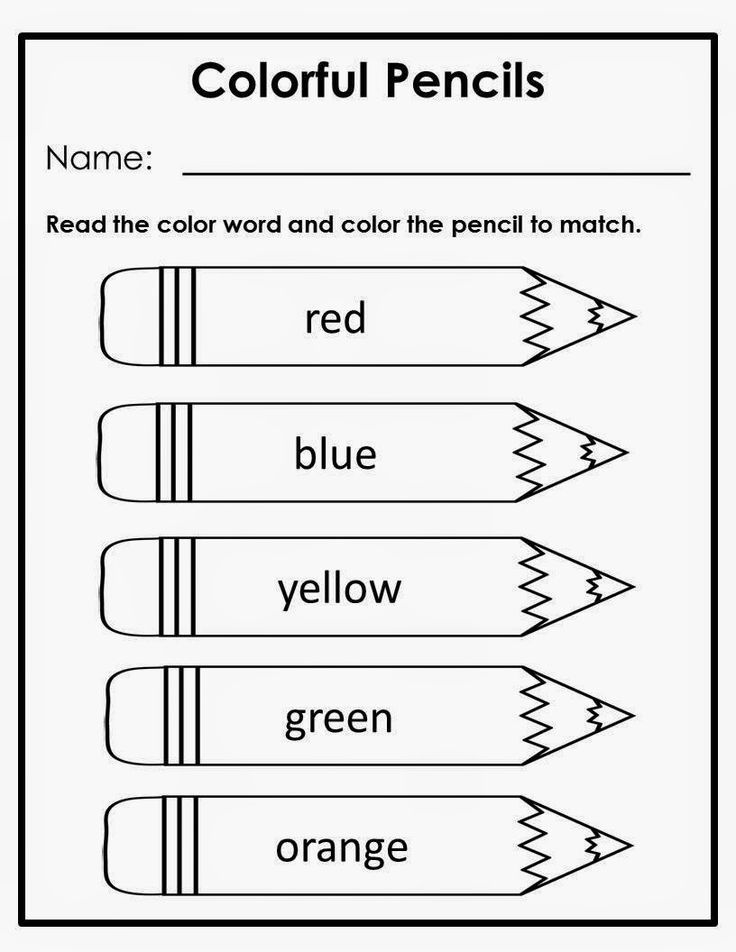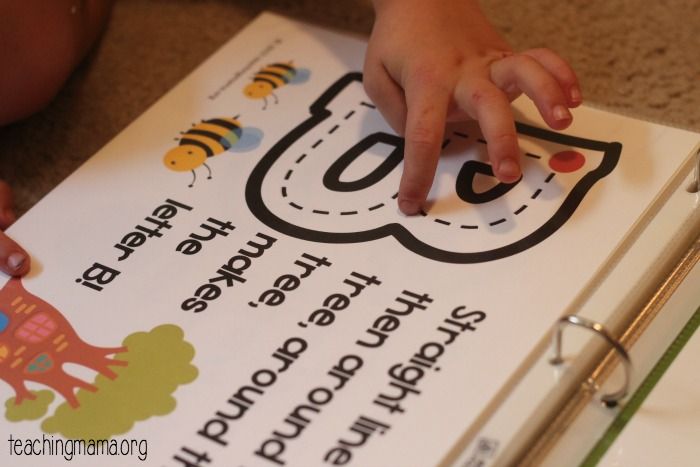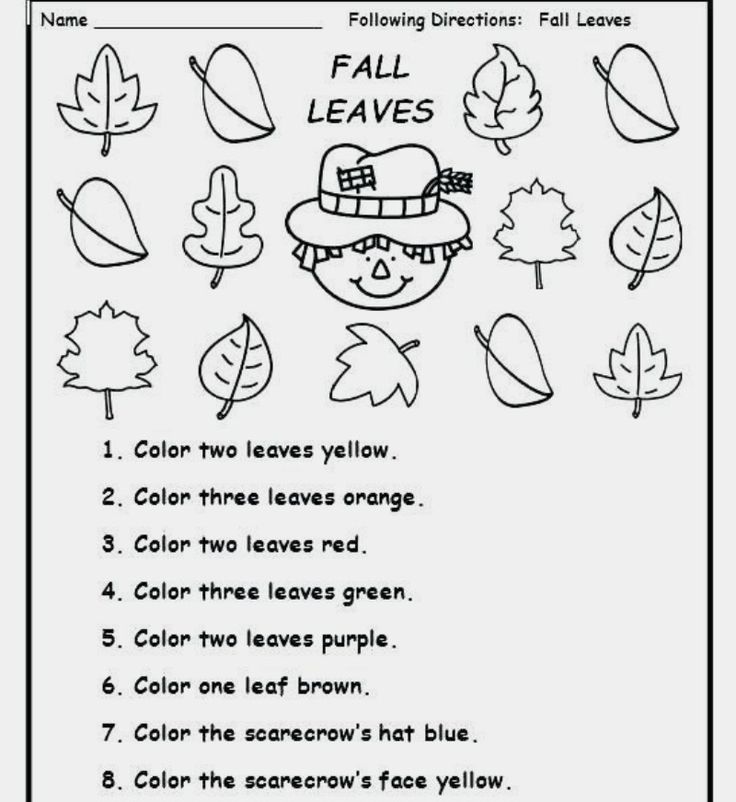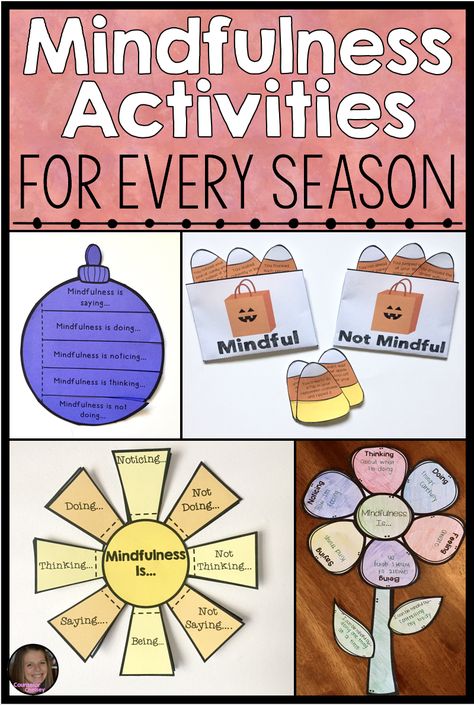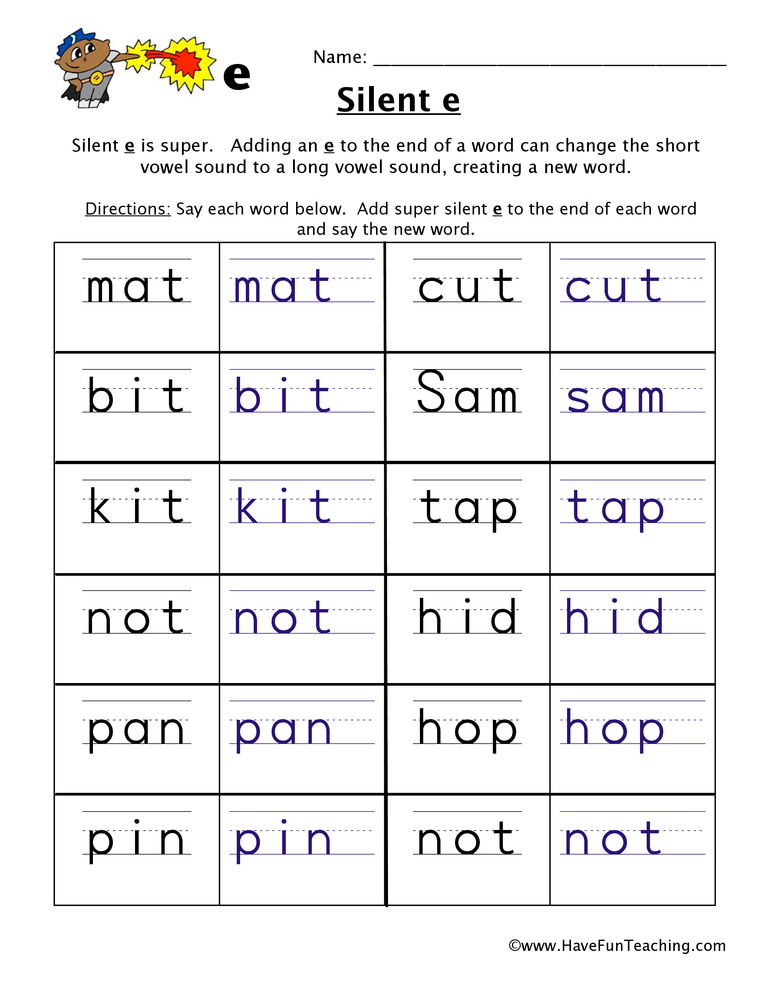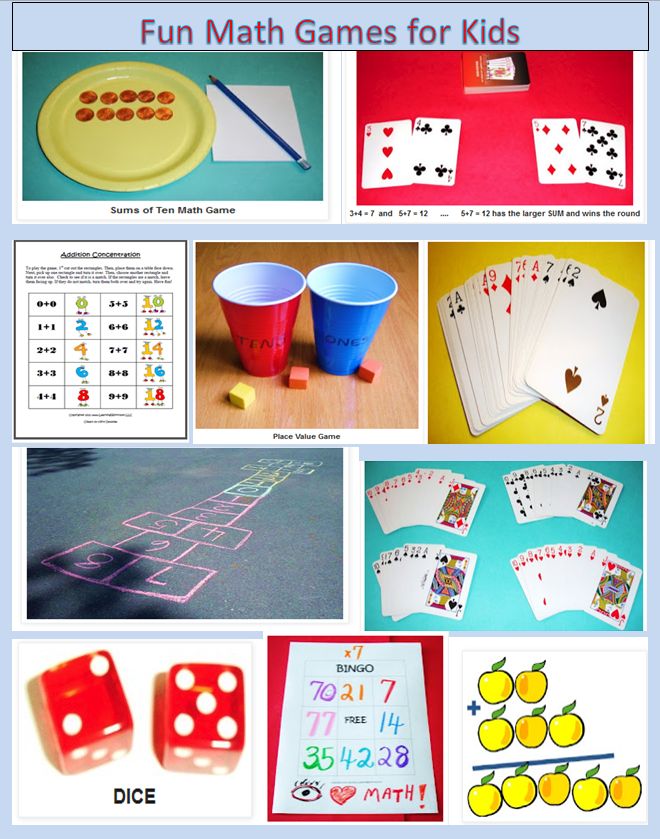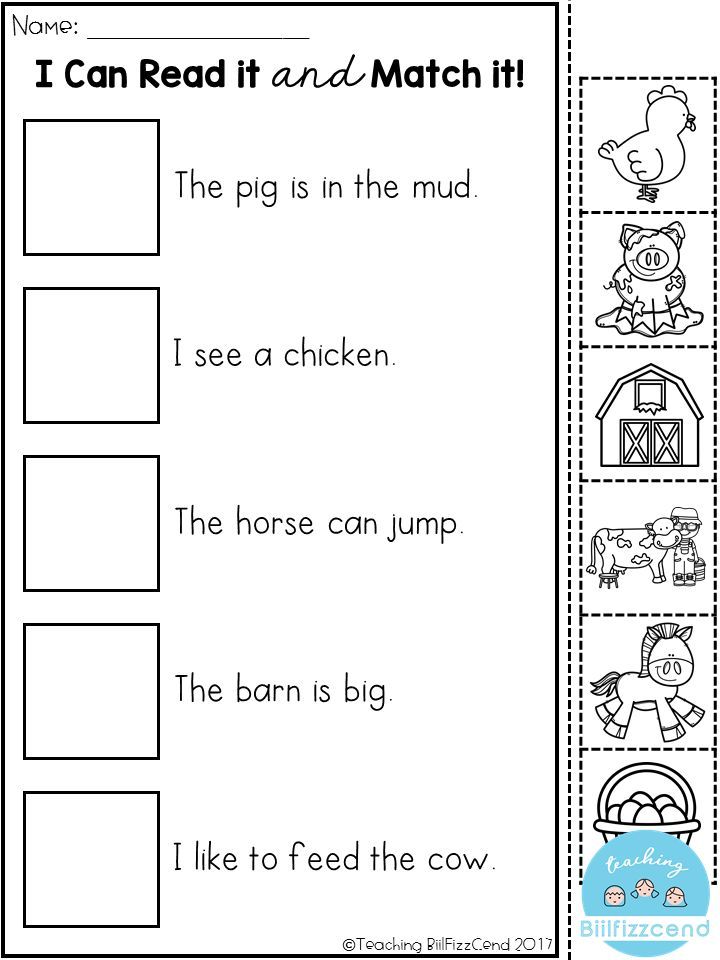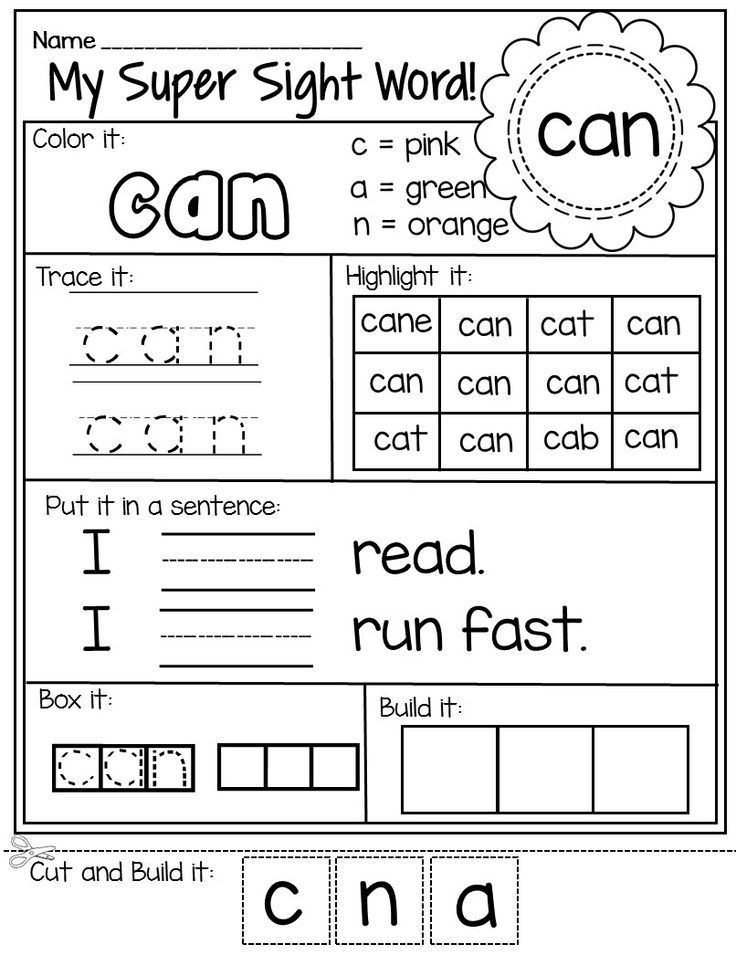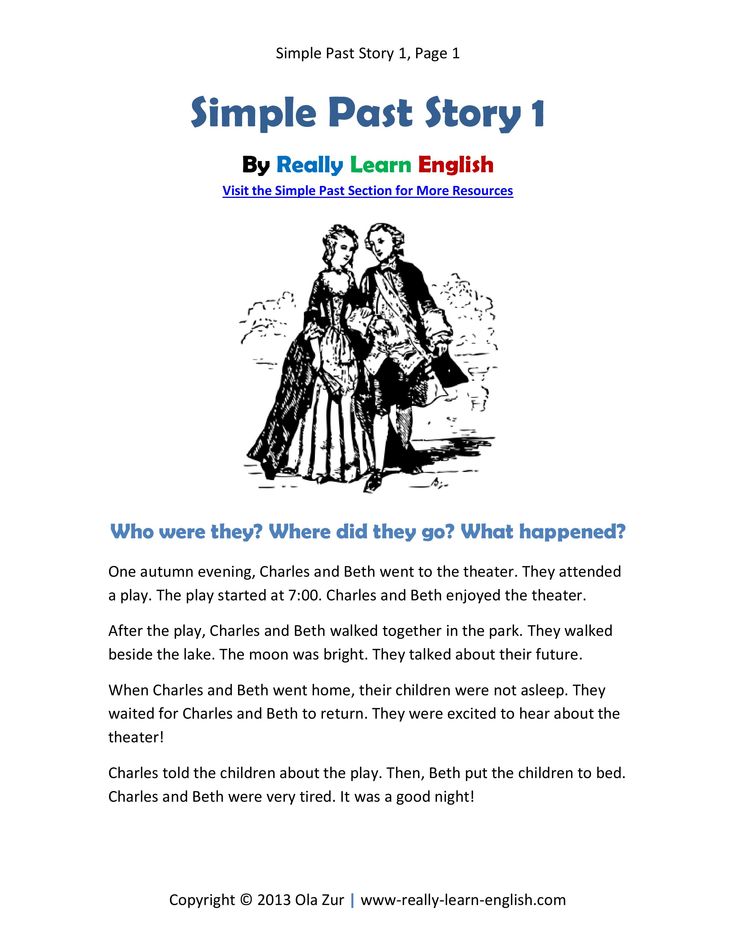Short sentence with of
English Sentences with Audio Using the Word "Of"
English Sentences with Audio Using the Word "Of"- Of course.
- Let go of my arm!
- Walk ahead of me.
- Beware of the dog!
- I'm kind of happy.
- I'm short of money.
- We ran out of food.
- I ran out of breath.
- I'm proud of my son.
- It's free of charge.
- I am afraid of bears.
- It's a piece of cake.
- You keep out of this.
- All of us were silent.
- Beware of pickpockets.
- He got a lot of money.
- He has a lot of money.
- He is a man of action.
- He is afraid of death.
- He let go of the rope.
- I am tired of my work.
- I got out of the taxi.
- I've run out of money.
- None of your business.
- They made fun of Mary.
- All of them went there.
- He is afraid of snakes.
- He is fond of swimming.
- He went in place of me.
- He's afraid of the sea.
- How about a cup of tea?
- I'm sick of hearing it.
- It's ahead of schedule.
- She has a lot of money.
- She is in need of help.
- We have plenty of time.
- You had plenty of time.
- Give me a cup of coffee.
- He died of that disease.
- He is afraid of the dog.
- He runs a lot of hotels.
- I don't see much of him.
- I want a piece of candy.
- I want to get rid of it.
- I'm proud of my brother.
- Is he a friend of yours?
- Is that a picture of me?
- It's no concern of mine.
- Please let go of my arm.
- Take care of yourselves!
- There is a lot of money.
- Tom is a friend of mine.
- We made it out of there.
- You have a lot of nerve!
- All of them are not poor.
- Don't make fun of people.
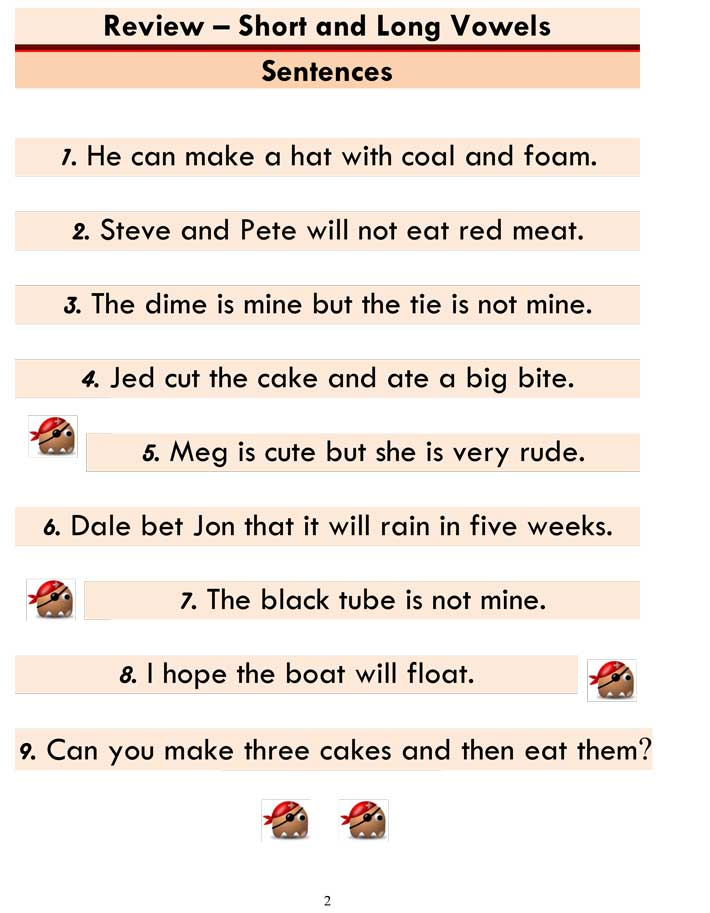
- Give me a bottle of wine.
- He is afraid of swimming.
- He knows a lot of people.
- I don't like any of them.
- I have a lot of homework.
- I met a friend of Mary's.
- It's none of my business!
- She went out of the room.
- She wrote a lot of poems.
- That toy is made of wood.
- The desk is made of wood.
- The sky is full of stars.
- Do you have a lot of pens?
- Do you have a lot of time?
- He bought a pair of shoes.
- He has a house of his own.
- He's fresh out of college.
- I accused him of cheating.
- I can't think of his name.
- I'm afraid of earthquakes.
- It's the third of October.
- One of us will have to go.
- We have lost sight of him.
- We suspected him of lying.
- All of the dogs were alive.
- Are you afraid of the dark?
- Basketball is a lot of fun.
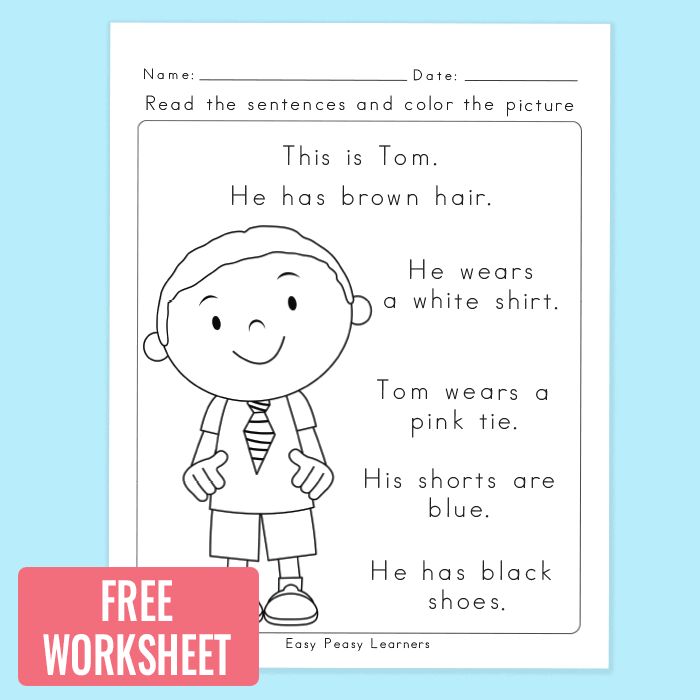
- Get this stuff out of here.
- Have a little of this cake.
- He ate a box of chocolates.
- He drank a shot of whiskey.
- He is a teacher of English.
- He is afraid of his father.
- He is still full of energy.
- I have a lot of work to do.
- I'm afraid of wild animals.
- Let's do this first of all.
- She has no sense of beauty.
- She isn't afraid of snakes.
- Take good care of yourself.
- Was there a lot of traffic?
- What about a glass of beer?
- What do you think of Japan?
- You remind me of my mother.
- Are you a creature of habit?
- Are you sure of your answer?
- Both of my parents are dead.
- He is an old friend of mine.
- I don't know either of them.
- I don't want either of them.
- I wish you the best of luck.
- I'm very proud of my father.
- She brought me a cup of tea.
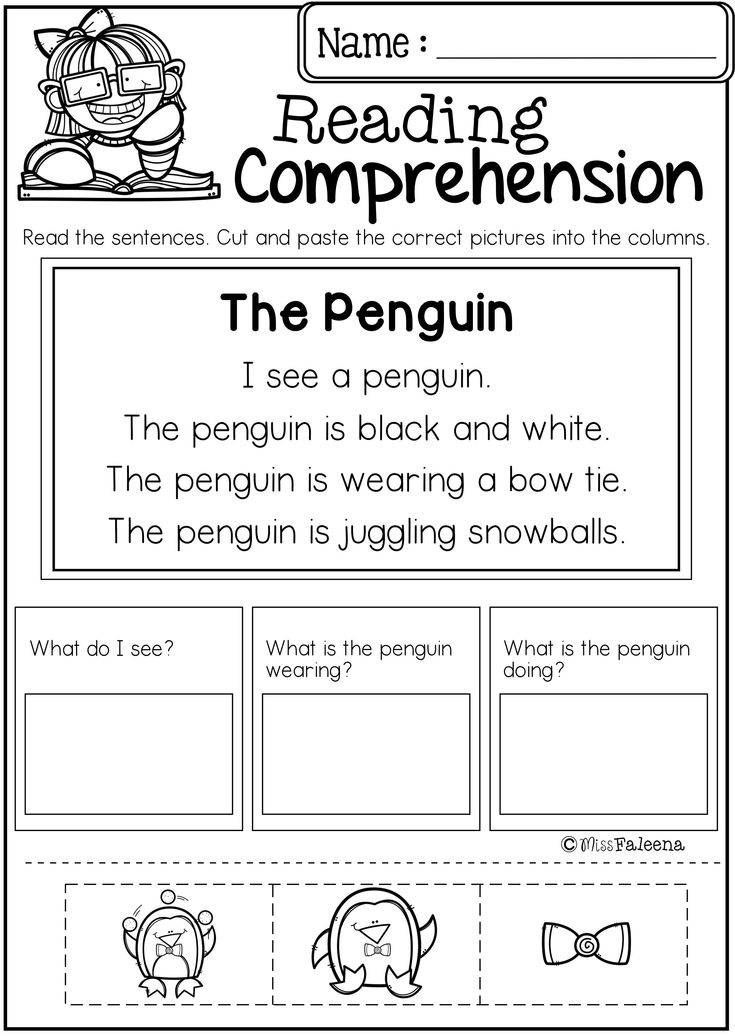
- She gave him a lot of money.
- She has a lot of work to do.
- She owes him a lot of money.
- Tom got a little bit of pie.
- We have a lot of work to do.
- What sort of work do you do?
- All of her songs became hits.
- Are you proud of your father?
- Both of them are in the room.
- Do they take care of the dog?
- He has a lot of things to do.
- He was innocent of the crime.
- I am doubtful of his success.
- I bought two bags of popcorn.
- I bought two bottles of milk.
- I have a good sense of smell.
- I have a lot of things to do.
- I have to do a lot of things.
- I want to drink a cup of tea.
- I went there dozens of times.
- I'm a bit short of money now.
- I'm sick of this hot weather.
- The cost of living has risen.
- There's a possibility of war.
- This type of cat has no tail.
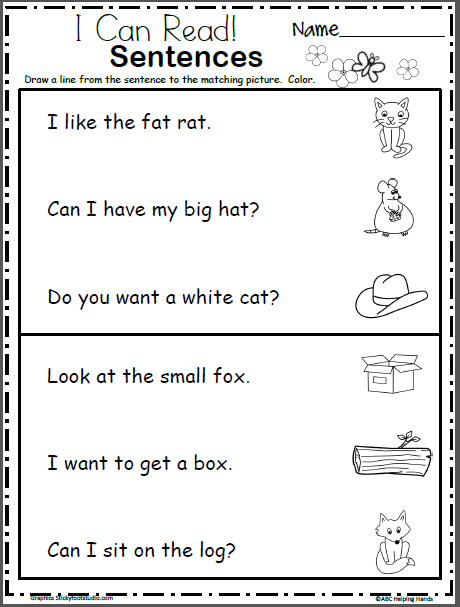
- Tom got a small piece of pie.
- Tom sat two rows ahead of me.
- We all suspect him of murder.
- We are in favor of your plan.
- What line of work are you in?
- Would you like a cup of milk?
- All of my friends like soccer.
- He accused me of being a liar.
- He is afraid of becoming sick.
- He is the captain of the team.
- He painted a picture of a dog.
- He thought of a good solution.
- His wife is one of my friends.
- I am thinking of going abroad.
- I arrived ahead of the others.
- I have a fever of 102 degrees.
- I know every inch of the town.
- I sat in the front of the bus.
- I was out of town on vacation.
- I wish I had a room of my own.
- I'm dying for a cup of coffee.
- I'm tired of eating fast food.
- I've had a lot of calls today.
- I've never heard of that city.
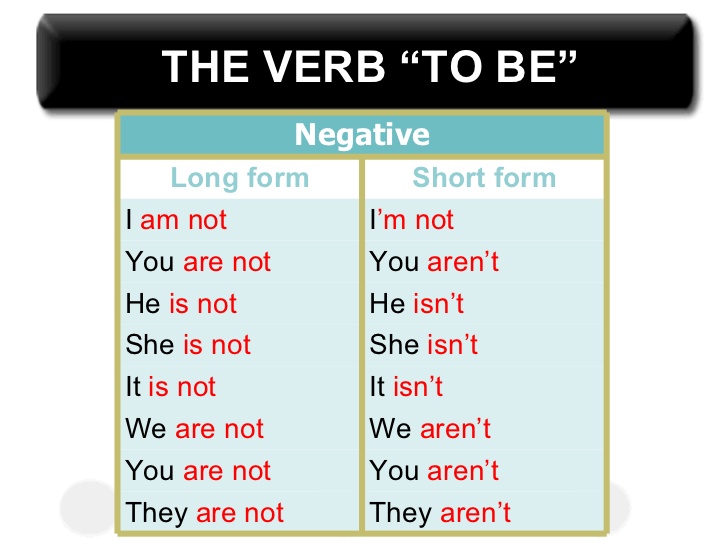
- Life is full of ups and downs.
- She accused him of being late.
- She gave him a piece of paper.
- She is not afraid of anything.
- She pulled him out of the mud.
- She reminds him of his mother.
- She took care of the children.
- The price of eggs is going up.
- The troops had plenty of arms.
- We have a lot of rain in June.
- We received word of his death.
- What is the price of this cap?
- What kind of meal did you eat?
- What kind of sports do you do?
- What kind of wine do you have?
- What kind of work will you do?
- Which of them is your brother?
- Do you think I'm made of money?
- Have both of you already eaten?
- He accused the man of stealing.
- He acted the part of King Lear.
- He drank three bottles of beer.
- He has no chance of recovering.
- He is afraid of his own shadow.
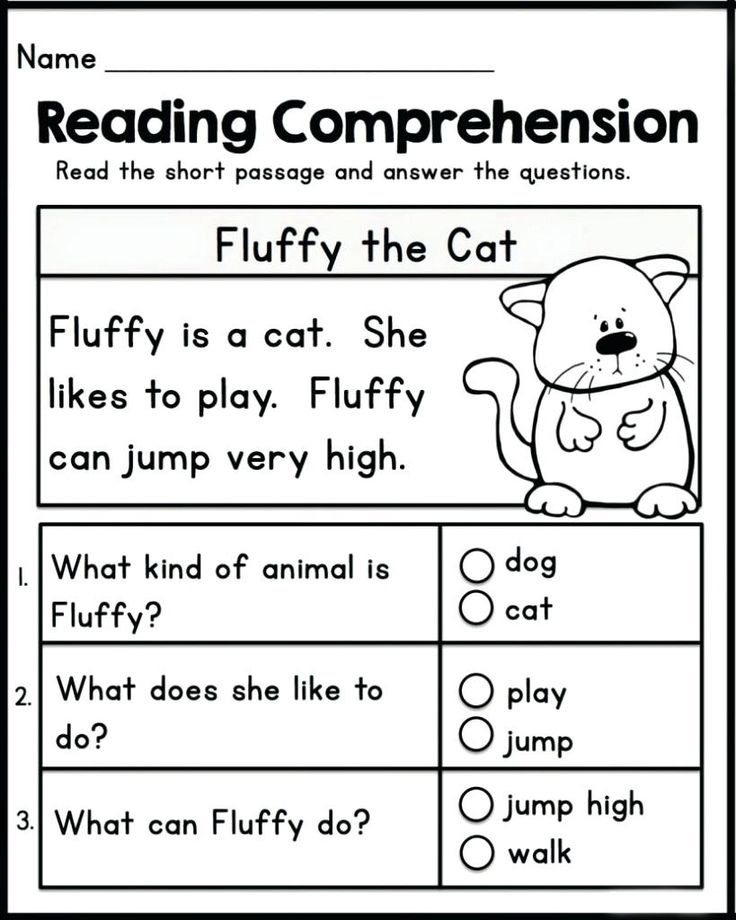
- He is something of a celebrity.
- He is subject to fits of anger.
- He seems to make nothing of it.
- He was not aware of the danger.
- I bought two pairs of trousers.
- I can't get her out of my mind.
- I can't live that kind of life.
- I caught a glimpse of her face.
- I had to take care of her baby.
- I have a lot of homework to do.
- I let the cat out of the house.
- I've got a bad case of jet lag.
- It's nice of you to see me off.
- My briefcase is full of papers.
- Playing tennis is a lot of fun.
- Please give me a cup of coffee.
- She accused me of being a liar.
- She brought a cup of tea to me.
- Let go of my arm!
The Word "Of" in Example Sentences
The Sentences
Page 1 Page 2 Page 3 Page 4 Page 5 Page 6 Page 7 Page 8 Page 9 Page 10 Page 11 Page 12 Page 13 Page 14 Page 15 Page 16 Page 17 Page 18 Page 19 Page 20 Page 21 Page 22 Page 23 Page 24 Page 25 Page 26 Page 27 Page 28 Page 29 Page 30 Page 31 Page 32 Page 33 Page 34 Page 35 Page 36 Page 37 Page 38 Page 39 Page 40 Page 41 Page 42 Page 43 Page 44 Page 45 Page 46 Page 47 Page 48 Page 49 Page 50 Page 51 Page 52 Page 53 Page 54 Page 55 Page 56 Page 57 Page 58 Page 59 Page 60 Page 61 Page 62 Page 63 Page 64 Page 65 Page 66 Page 67 Page 68 Page 69 Page 70 Page 71 Page 72 Page 73 Page 74 Page 75 Page 76 Page 77 Page 78 Page 79 Page 80 Page 81 Page 82 Page 83 Page 84 Page 85 Page 86 Page 87 Page 88 Page 89 Page 90 Page 91 Page 92 Page 93 Page 94 Page 95 Page 96 Page 97 Page 98 Page 99 Page 100 Page 101 Page 102 Page 103 Page 104 Page 105 Page 106 Page 107 Page 108 Page 109 Page 110 Page 111 Page 112 Page 113 Page 114 Page 115 Page 116 Page 117 Page 118 Page 119 Page 120 Page 121 Page 122 Page 123 Page 124 Page 125 Page 126 Page 127 Page 128 Page 129 Page 130 Page 131 Page 132 Page 133 Page 134 Page 135 Page 136 Page 137 Page 138 Page 139 Page 140 Page 141 Page 142 Page 143 Page 144 Page 145 Page 146 Page 147 Page 148 Page 149 Page 150 Page 151 Page 152 Page 153 Page 154 Page 155 Page 156 Page 157 Page 158 Page 159 Page 160 Page 161 Page 162 Page 163 Page 164 Page 165 Page 166 Page 167 Page 168 Page 169 Page 170 Page 171 Page 172 Page 173 Page 174 Page 175 Page 176 Page 177 Page 178 Page 179 Page 180 Page 181 Page 182 Page 183 Page 184 Page 185 Page 186 Page 187 Page 188 Page 189 Page 190 Page 191 Page 192 Page 193 Page 194 Page 195 Page 196 Page 197 Page 198 Page 199 Page 200 Page 201 Page 202 Page 203 Page 204 Page 205 Page 206 Page 207 Page 208 Page 209 Page 210 Page 211 Page 212 Page 213 Page 214 Page 215 Page 216 Page 217 Page 218 Page 219 Page 220 Page 221 Page 222 Page 223 Page 224 Page 225 Page 226 Page 227 Page 228 Page 229 Page 230 Page 231 Page 232 Page 233 Page 234 Page 235 Page 236 Page 237 Page 238 Page 239 Page 240 Page 241 Page 242 Page 243 Page 244 Page 245 Page 246 Page 247 Page 248 Page 249 Page 250 Page 251 Page 252 Page 253 Page 254 Page 255 Page 256 Page 257 Page 258 Page 259 Page 260 Page 261 Page 262 Page 263 Page 264 Page 265 Page 266 Page 267 Page 268 Page 269 Page 270 Page 271 Page 272 Page 273 Page 274 Page 275 Page 276 Page 277 Page 278 Page 279 Page 280 Page 281 Page 282 Page 283 Page 284 Page 285 Page 286 Page 287 Page 288 Page 289 Page 290 Page 291 Page 292 Page 293 Page 294 Page 295 Page 296 Page 297 Page 298 Page 299 Page 300 Page 301 Page 302 Page 303 Page 304 Page 305 Page 306 Page 307 Page 308 Page 309 Page 310 Page 311 Page 312 Page 313 Page 314 Page 315 Page 316 Page 317 Page 318 Page 319 Page 320 Page 321 Page 322 Page 323 Page 324 Page 325 Page 326 Page 327 Page 328 Page 329 Page 330 Page 331 Page 332 Page 333 Page 334 Page 335 Page 336 Page 337 Page 338 Page 339 Page 340 Page 341 Page 342 Page 343 Page 344 Page 345 Page 346 Page 347 Page 348 Page 349 Page 350 Page 351 Page 352 Page 353 Page 354 Page 355 Page 356 Page 357 Page 358 Page 359 Page 360 Page 361 Page 362 Page 363 Page 364 Page 365 Page 366 Page 367 Page 368 Page 369 Page 370 Page 371 Page 372 Page 373 Page 374 Page 375 Page 376 Page 377 Page 378 Page 379 Page 380 Page 381 Page 382 Page 383 Page 384 Page 385 Page 386 Page 387 Page 388 Page 389 Page 390 Page 391 Page 392 Page 393 Page 394 Page 395 Page 396 Page 397 Page 398 Page 399 Page 400 Page 401 Page 402 Page 403 Page 404 Page 405 Page 406 Page 407 Page 408 Page 409 Page 410 Page 411 Page 412 Page 413 Page 414 Page 415 Page 416 Page 417 Page 418 Page 419 Page 420 Page 421 Page 422 Page 423 Page 424 Page 425 Page 426 Page 427 Page 428 Page 429 Page 430 Page 431 Page 432 Page 433 Page 434 Page 435 Page 436 Page 437 Page 438 Page 439 Page 440 Page 441 Page 442 Page 443 Page 444 Page 445 Page 446 Page 447 Page 448 Page 449 Page 450 Page 451 Page 452 Page 453 Page 454 Page 455 Page 456
About
- Sentences are sorted by length, with 50 sentences per page.
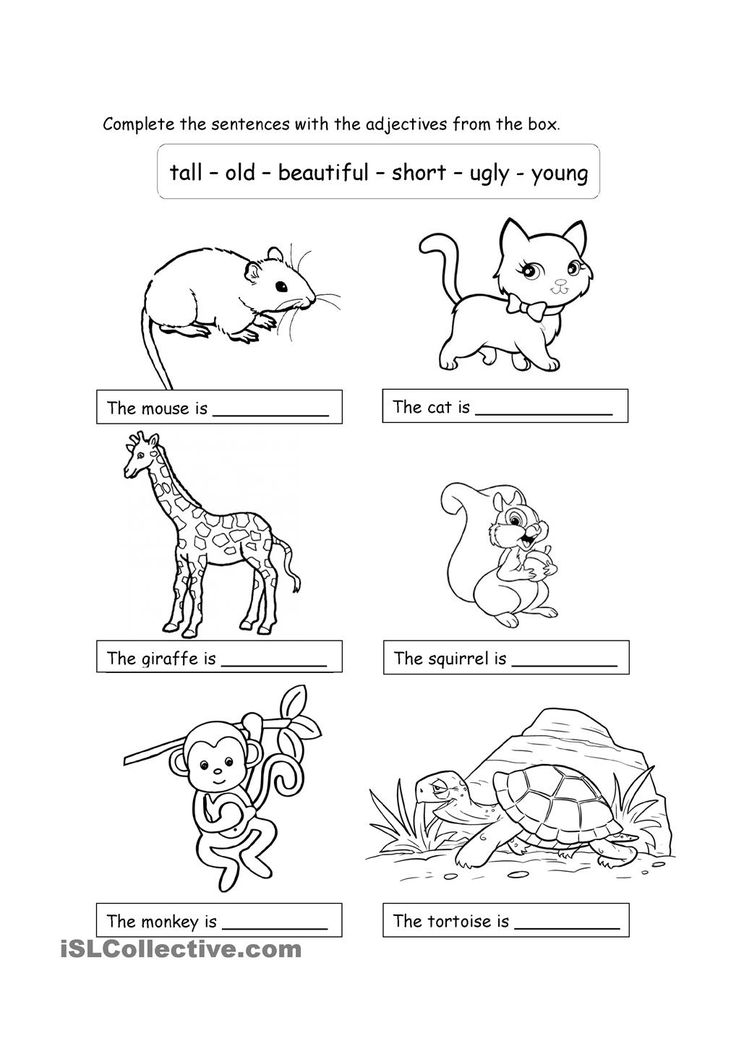
- Sentences with audio are shown first, followed by sentences without audio.
- Only sentences from the Tatoeba Corpus that have been proofread are included.
- If a sentence hasn't yet been translated into your own language, you can join the project and translate it.
Sentences with the word "information"
We found 80 sentences with the word "information". Synonyms for information. Meaning of the word. Characters. "information" - morphemic analysis. The meaning of the word information.
- We have received information that you had contacts with one of the Soviet athletes and even accepted his offer to attend the next match.
- The information of Dona was encouraging as it was at this point that we wanted to cross the west coast of Jutland. nine0008
- Apparently, information came positive.
- Any unfavorable information frightens the Fuhrer more and more.
- Unfortunately for Paul, this information was inaccurate.
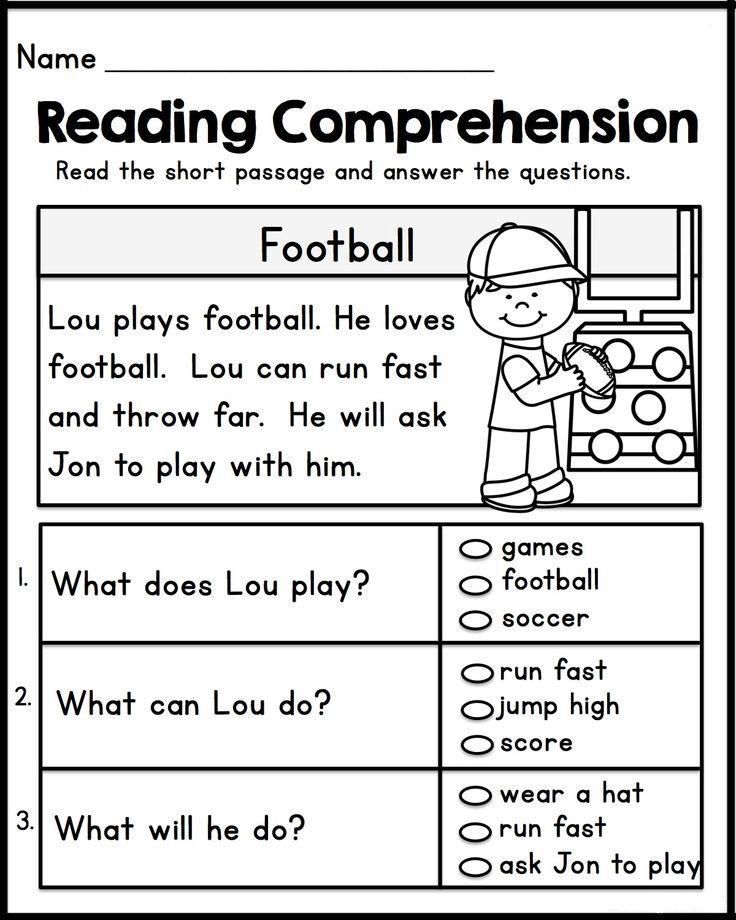
- Me and my friend this information was very interested, because we were constantly starving.
- And in this headquarters, operational information from Baku was extremely necessary.
- This information gave me a complete picture of the position of the enemy in relation to us. nine0008
- This information in the "Notes" of Catherine II is omitted, and it looks like the maid suffered for one affection.
- The first of the disclosed information was information about the owners: Oleg Deripaska was then named the ultimate beneficiary of 100% of the company's shares.
- But through all agencies and channels information was transmitted that the burial would still be at the memorial cemetery.
- By the way, Stalin told Baidukov to write in Pravda, and his information has been published.
- Only after 5 minutes information with solid fives went again.
- Unfortunately, this information was also regarded as a provocation by the Chekists.
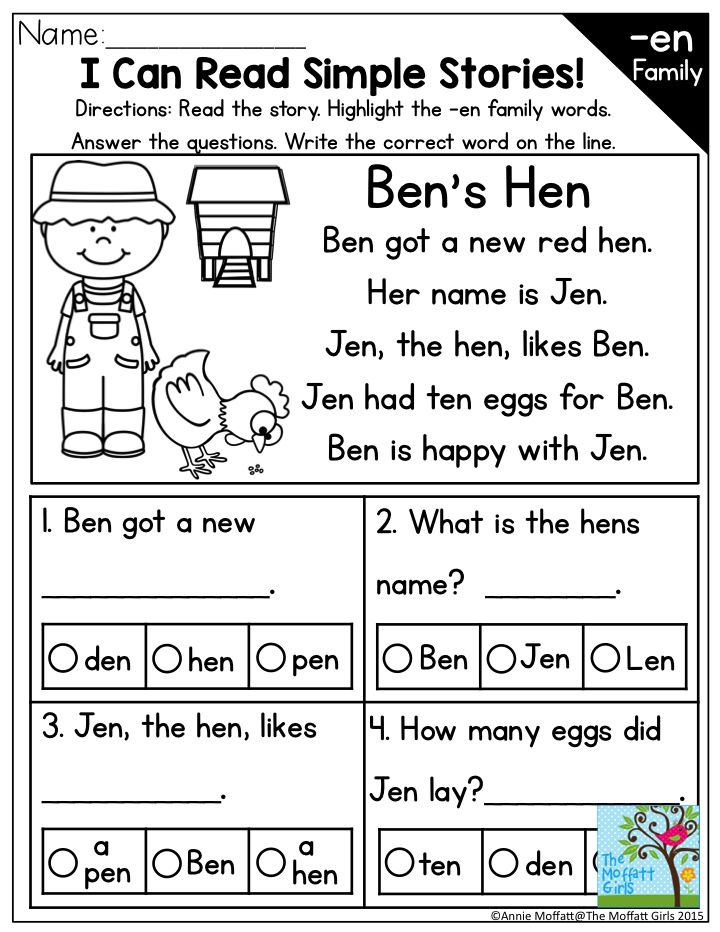
- Accordingly, information enters the world.
- Especially indicative is the only case in which the information about the convict turned out to be relatively detailed.
- The father of the newborn Sergei Glushko was present at the birth, but this information was classified from journalists.
- Among other information he provided was information about Levi Levi's successful activities in Israel.
- Moreover, information about the secret department of Lavrenty Beria could not reach the "bottom" .
- No wonder that this information about the life of the First Bourbon was hidden and both favorites were instantly forgotten.
- It is fun and pleasant to read, although Diogenes was uncritical about his sources and his information is often unreliable.
- Phones rang, buzzed, information about the beginning of artillery preparation came from all sectors.
- In 2002, the Russian media repeatedly appeared information about Kharatyan's new problems with alcohol.
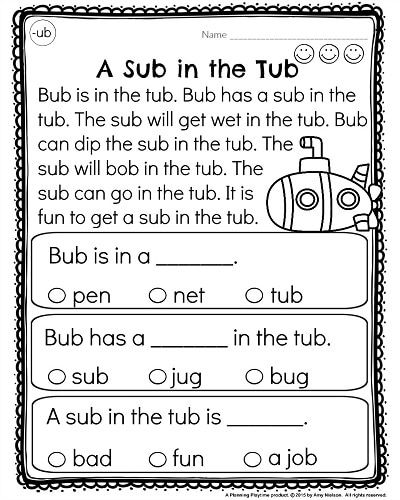
- The information that Octave Chanute sent him from the United States about the Wright brothers' apparatus piqued his interest.
- All this information immediately lay down on Stalin's table. nine0008
- Information was serious, but I kept quiet all the way home.
- Therefore, when information about the tropical order reached Brest, it was greeted with considerable enthusiasm.
- Information similar to then and now is one of the most closely guarded state secrets.
- Similarly, after the loss of the Invincible by the enemy, timely information about this would have made it easier for us to break away from the enemy. nine0008
- This book provides information about her life, phenomenal abilities and the last days of the clairvoyant.
- Passed information about the explosion during rocket launch at the Plesetsk cosmodrome.
- The markets themselves decided which information was important and which was not.

- However, the White House received information of a different kind: the Bismarck, which sunk the Hood, has entered the operational space.
- The bottom line is that it receives 9 directly0006 information
from the most experienced commander, whose authority extends to all types of weapons. - And Dina, on the contrary, all this information excited, led to a state of euphoria.
- They are both a literary fact and everyday and autobiographical information .
- We haven't received any information from the outside world since the day we arrived in Sonthofen, and this has been going on for several long years.
- At the same time information in the media came from Luchansky himself.
- But where does this information about my own house come from?
- To prepare this, information was needed about the actions of the enemy, and it was decided to send Beria to the Musavatists.
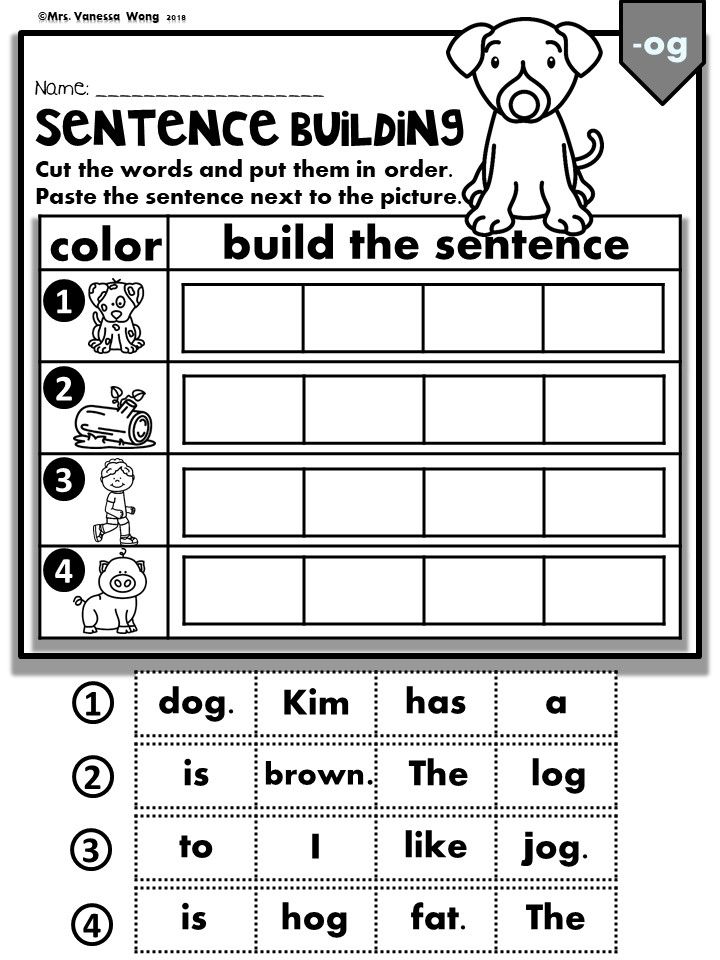
- https://sinonim.org/
- He enjoys tying up his victims, even knowing they don't know any information .
- This information greatly calmed Adolf's thoughts.
- My information has nothing to do with our autumn plans.
- But how often does such information objectively cost a little.
- Not because he is a criminal, but because this information influences the market.
- Once passed information that they are looking for him.
- This information received before the advance of Kleist's panzer army contributed to its successful advance.
- An important aspect of maintaining the morale of the crews was information about events at the front and in the country as a whole.
- He was seduced by journalism, but he cringed from the need to select documentary notes for the " Information " section of the Matin.
- Information was most favorable.
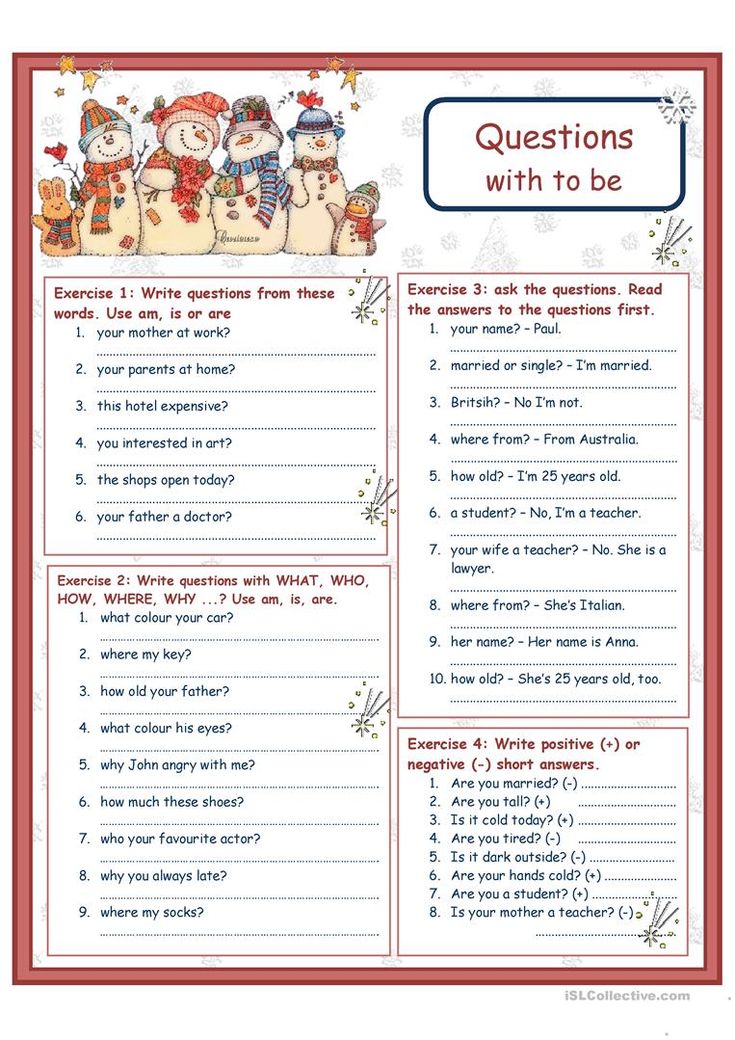
- Wherever he was at that time, the latest information came to him immediately.
- Already after a few hours information about this reached Andropov. nine0008
- At that time, this information was useless, because the Swedes could not be bothered with meager orders.
- However, information was leaked to Soviet counterintelligence agencies.
- Information appeared that the Germans are planning a breakthrough in this direction.
- All this information struck Dean to the core, which is not surprising.
- Let's start with the fact that we have no radar, and information about the location of the enemy is very vague. nine0008
- And yet, some information about this occasionally leaks out.
- With long rotation information from the vestibular apparatus enters the brain.
- Absolutely reliable information served as the basis for everything described below.
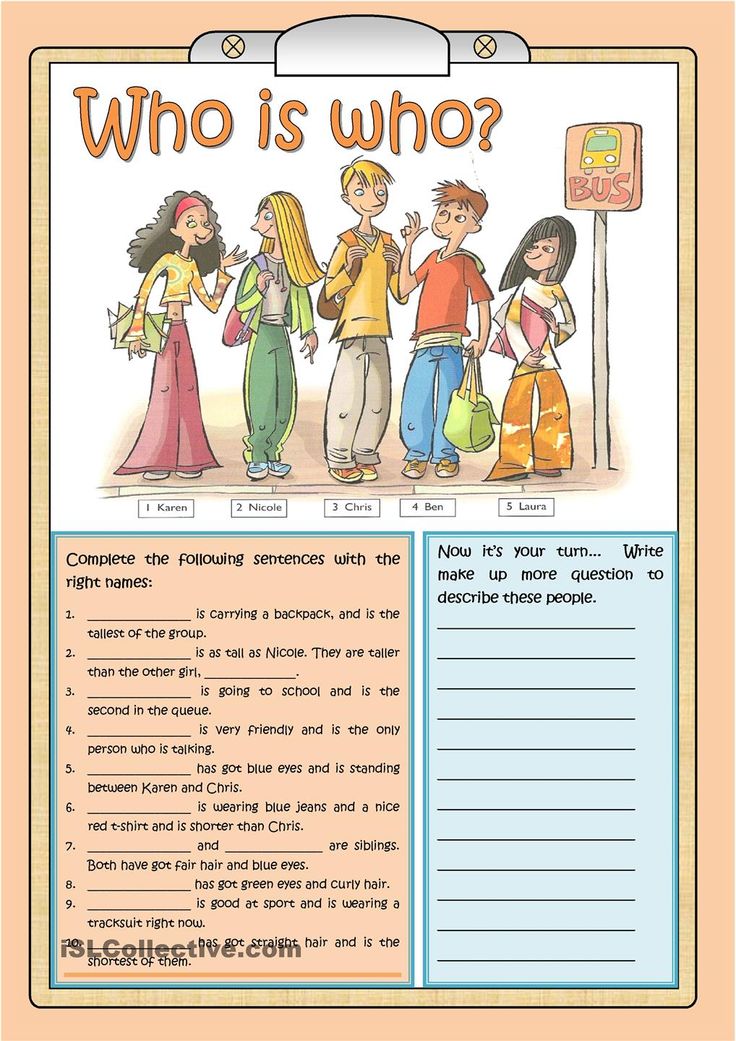
- AND the information that this scientist supplied to Moscow was even more valuable than that which was transmitted by Markus Klingberg.
- They were especially interested in information about military operations, which explains the delay in the opening of the second front. nine0008
- You might not agree with Williams, but his information opened the door.
- In some newspaper (I think, in "Soviet Russia") a message, information about "Intervention".
- And then the press leaked information about our quarrel “over food”.
- However, " information for consideration" is available here.
- In the column "parents" the student entered the following information .
- General information army commanders were then very poorly organized.
- Information was needed in this direction .
- But thank God, information about the discussion appeared in Literaturka , and Sima changed his anger to mercy.
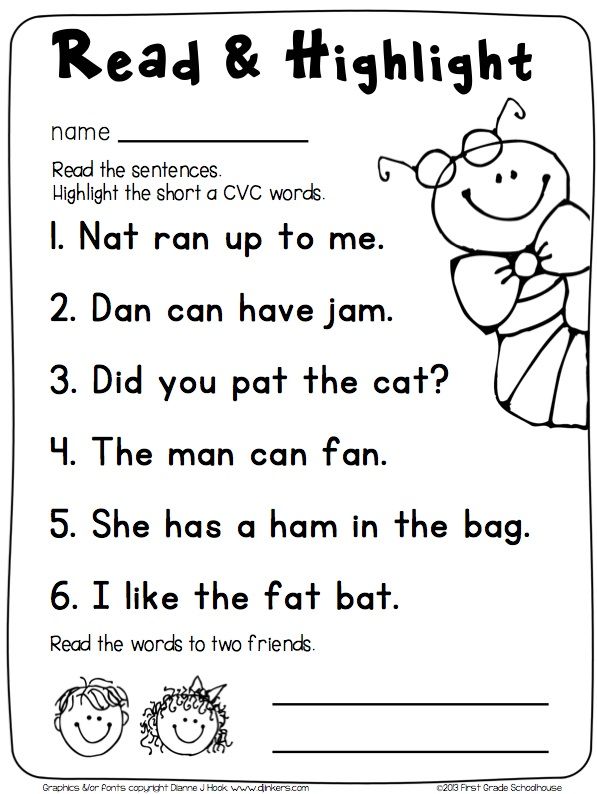
- And then information reached the students that Prio Socarras left the presidential palace and took refuge in the Mexican embassy.
- Information about the appearance of large forces of the American fleet in Leyte Gulf has been confirmed . nine0008
- The information given in book is especially valuable because it is given from the position of the opponent of the USSR in the war.
- This valuable information will allow you to better understand the history, nature, causes and consequences of the events of World War II.
- The information
that Shamil Basayev is in command of the terrorists has been confirmed . - Information about enemy convoys also came from radio intercept stations of the Naval Command.
- It was practiced at the exercises of the German Navy, detailed information which was known to thousands of people.
- But this information reached us a day ago, which meant that now they were most likely even closer.
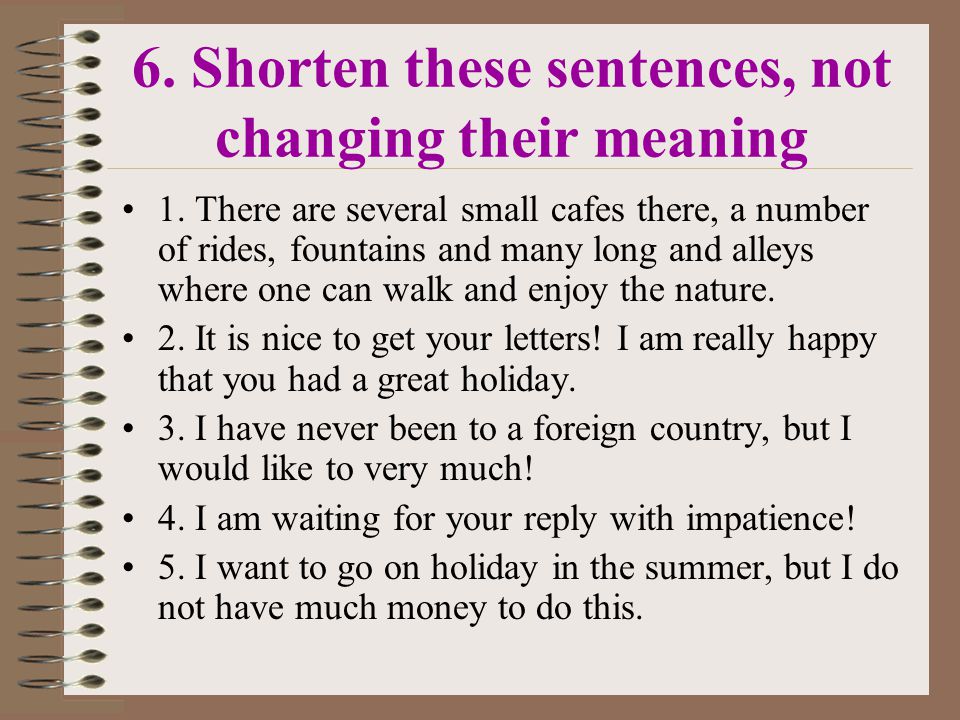
- Ordinary information of the St. Petersburg department.
- Measurement with special instruments helped identify these pumps, and information went to the ground.
Open other sentences with this word
Source - introductory fragments of books with LitRes.
Synonyms for "information". Meaning of the word. Characters. "information" - morphemic analysis. The meaning of the word information.
We hope that our service has helped you come up with or write an offer. If not, write a comment. We will help you.
Top ↑
Antonyms | Synonyms | Associations | Morphemic parsing of a word | Search for offers online | Sound-alphabetic analysis of the word
Share
- The search took 0.025 seconds. Remember how often you are looking for something to replace a word with? Bookmark sinonim.org to quickly look up synonyms, antonyms, associations, and sentences. nine0008
Random: during, what time, expressed, warm, mongrel, clog, zigzags, news, depict, leather
Write, we are happy to comment
Up ↑
Simple sentences in English
WAR
All dictatorships create external enemies and repression to sit on the throne forever.
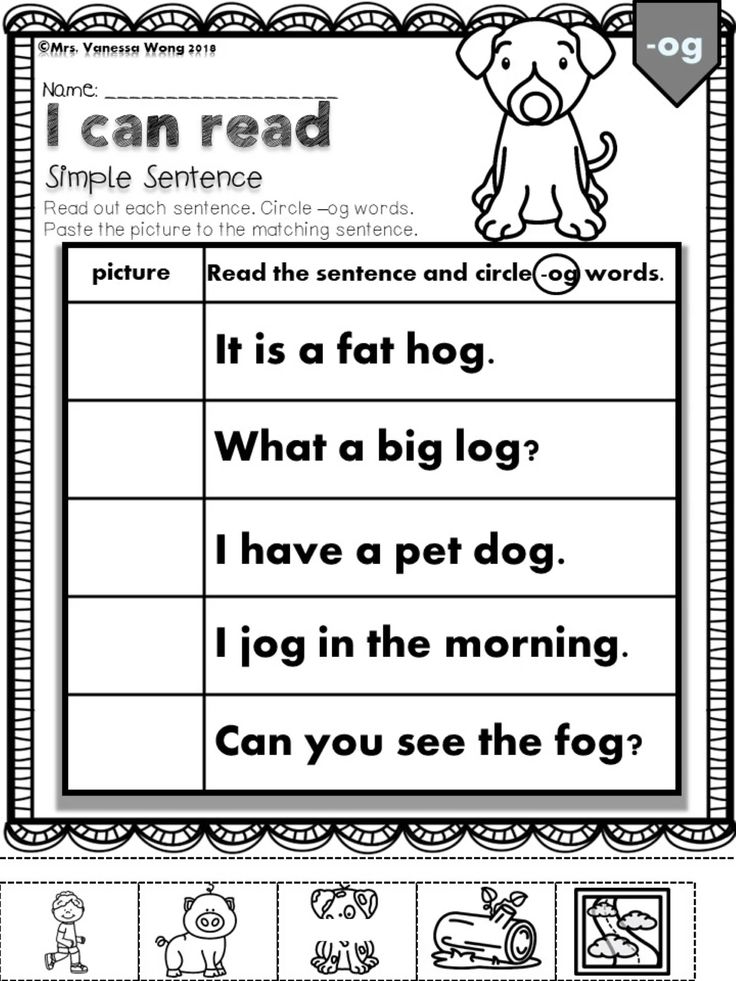
If you can't tell the truth from a clever lie, then think about laws, about freedom of speech, how often and where power has changed. nine0003
CNN News BBC News Telegram Wikipedia
Sentence - is a separate statement that has intonation and semantic completeness. A sentence is a word or group of words, organized according to the rules of grammar, that carries a specific message, question, exclamation, or call to action.
- It's raining. - It's raining.
- Go outside! - Get outside! nine0369
- What are you doing? - What are you doing?
Proposals of the English language, as in Russian, depending on how many grammatical bases (combinations of subject and predicate) in the sentence, are divided into simple and complex sentences.
- Simple sentences
- There is my house.
 - This is my home.
- This is my home. - I have to go to the university. - I have to go to the university. nine0369
- Complex sentences
- There is the house where my family lives. This is the house where my family lives.
- I have to go to the university now but I will come back soon. I have to go to the university now, but I will be back soon.
Simple sentence (a simple sentence) is a sentence in which there is only one grammatical basis (one combination of subject and predicate). nine0003
- Kate likes dogs. Kate loves dogs.
- We go jogging every Sunday. We go jogging every Sunday.
- They didn't go to school last year. They didn't go to school last year.
Simple sentences according to the purpose of the statement
All simple sentences , depending on the purpose of the statement, can be narrative , interrogative , imperative , exclamatory .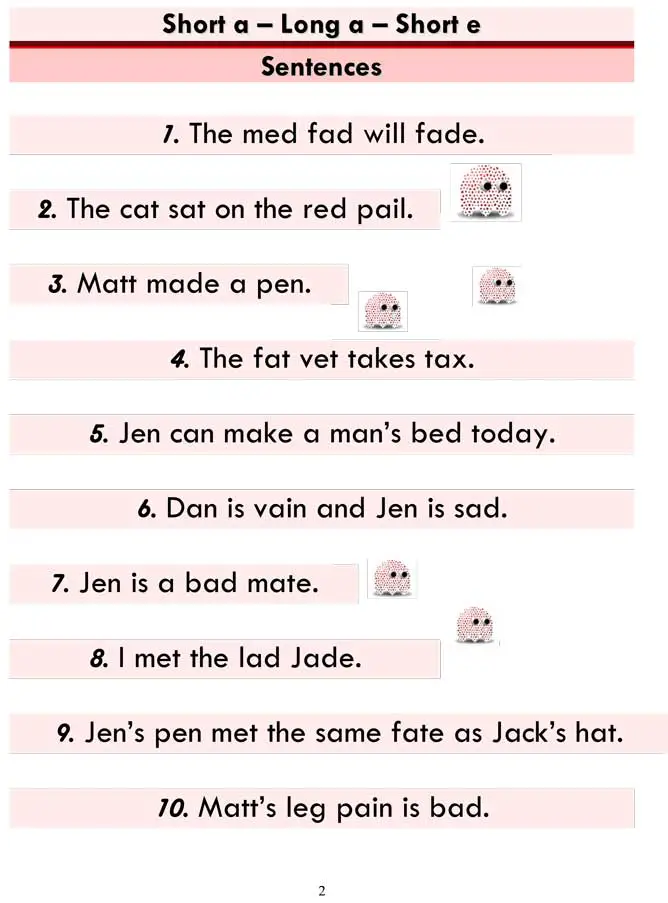
Narrative sentences
Declarative sentence (declarative sentence) - a sentence that communicates a certain fact or information in affirmative or negative form . The intonation of such a sentence is mainly descending, direct word order is used (subject before the predicate).
- My name is Paul. - My name is Paul. nine0369
- Kate is good at cooking. Kate cooks well.
- I don't like honey. - I don't like honey.
- George hasn't finished his work yet. George has not finished his work yet.
In English, as a rule, there can be only one negation in the sentence , in contrast to the Russian language, where there can be a double negation (the use of particles together not, neither, and negative pronouns, adverbs, etc.) . nine0003
- I know nothing. - I do not know anything.
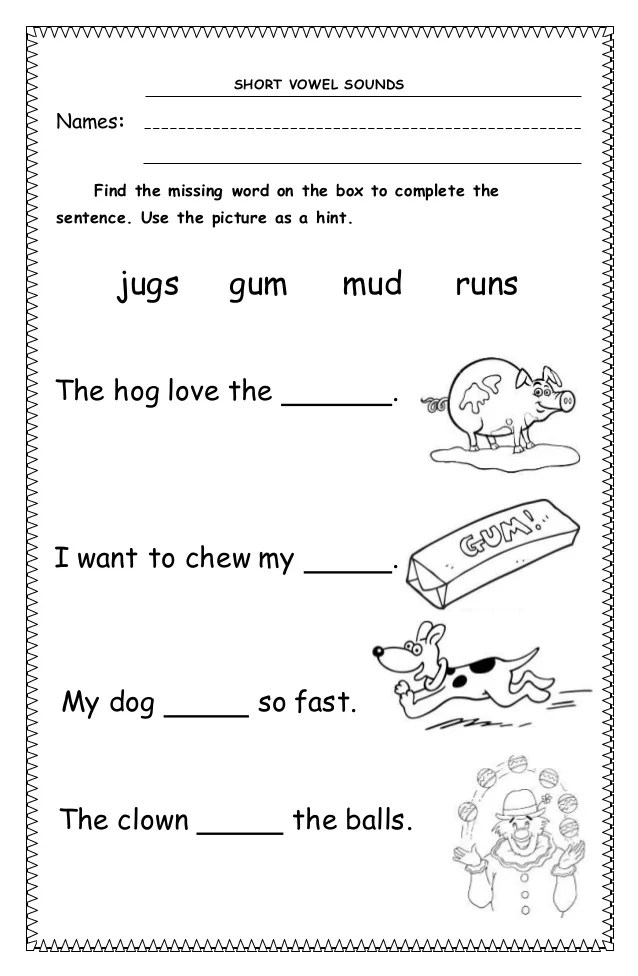
- I don't know anything. - I do not know anything.
- We met no one yesterday. We didn't meet anyone yesterday.
- We didn't meet anyone yesterday. We didn't meet anyone yesterday.
The double negative in English can be used to further strengthen the negative, but this is not common.
- I ain't got no money. - I don't have any money.
- We don't need no education, we don't need no thought control. “We don't need any education, we don't need any thought control.
Interrogative sentences
Interrogative sentence (interrogative sentence) - a sentence that expresses a question. They are formed using indirect word order (predicate before the subject), as well as interrogative words. Interrogative sentences are discussed in detail in the article types of questions. nine0003
- Who is there? - Who's there?
- What are you doing now? - What are you doing now?
- Do you like learning English? – Do you like learning English?
Imperative sentences
Imperative sentence (imperative sentence) - a sentence that encourages the interlocutor to act, that is, it expresses an order, request, command, invitation, etc.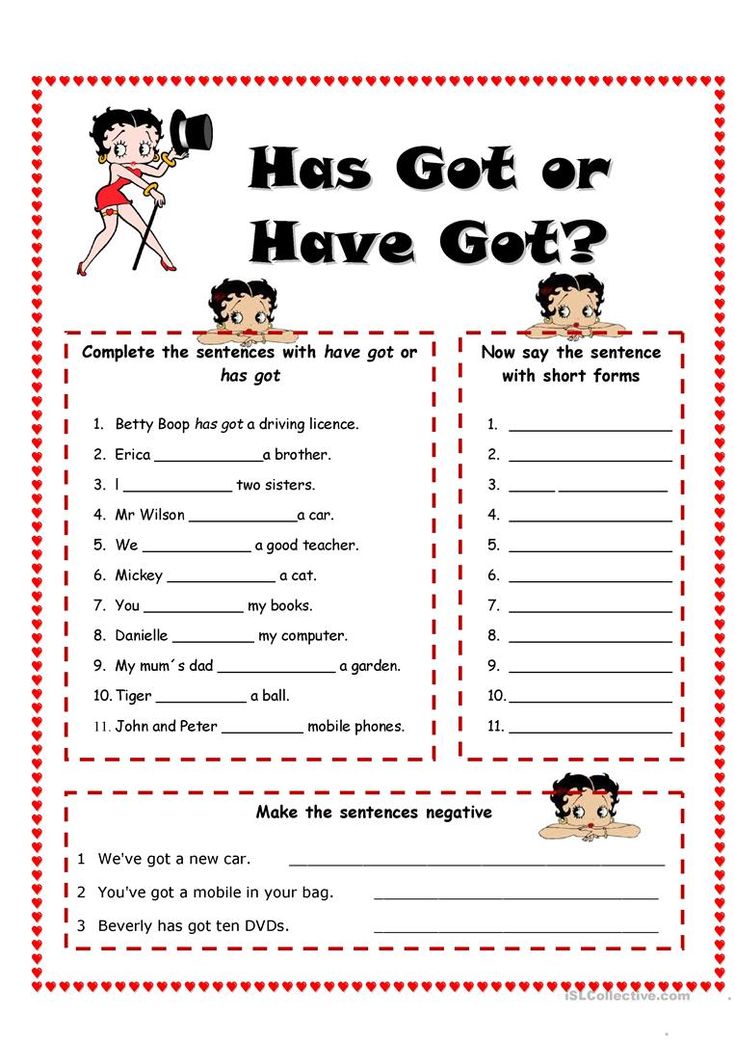 Such sentences often omit the subject you (you, you), as it is clear from the context, the verb is used only in the infinitive form without the particle to .
Such sentences often omit the subject you (you, you), as it is clear from the context, the verb is used only in the infinitive form without the particle to .
- Watch this! – Look at this!
- Listen to me. - Listen to me.
- Go and buy some bread, please. - Go buy some bread, please.
Sometimes in imperative sentences the pronoun you is not omitted in order to emphasize emotionally and strengthen an order or command. nine0003
- You sleep now. - You're going to bed now.
- We will rest and you drive. We will rest and you will drive the car.
- I will go to the shop and you stay at home. - I'm going to the store, and you stay at home.
In order to form a negative imperative sentence (prohibition or request), always use the auxiliary verb do in the negative form, even with the verb to be .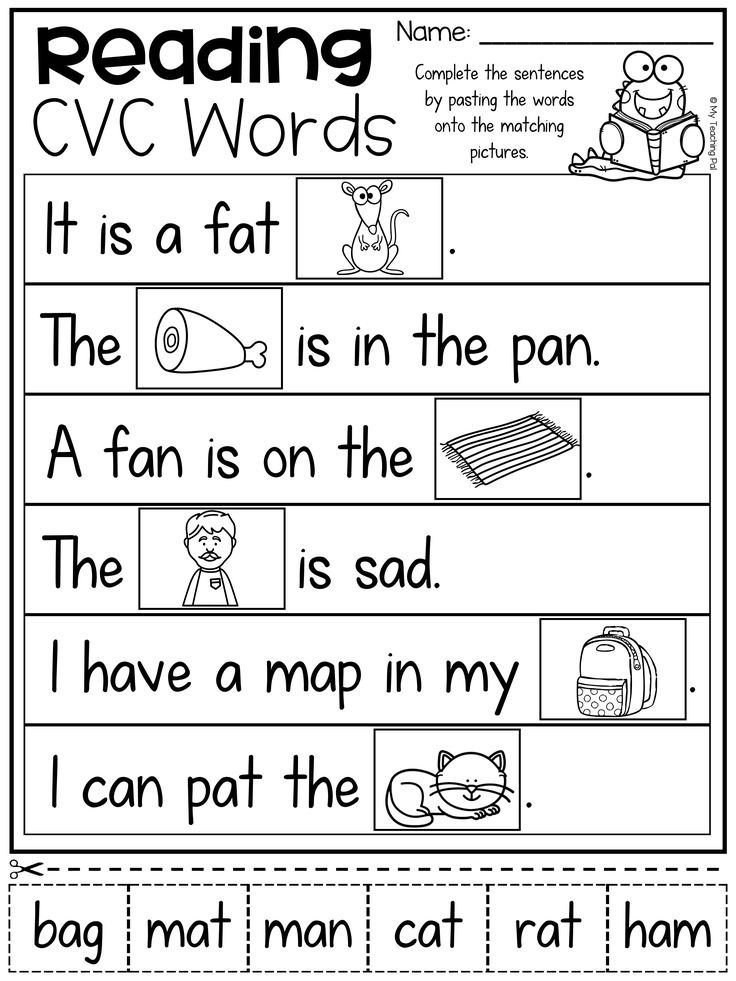
- Don't give me orders! - Don't order me!
- Don't touch it, please. - Don't touch it, please.
- Don't be so silly! - Don't be so stupid!
- Oh, come on, don't be mad. “Oh come on, don’t be mad.
The verb to let (allow) is used to form an order, a command directed at third parties. To let is also used to offer help or ask for permission to do something. nine0003
- Let her go. - Let her go. (Let her go.)
- Let him do whatever he wants. Let him do whatever he wants.
- Let the children play with our dog. Let the children play with our dog.
- Let me help you. - Let me help you.
- Let us do this. - Let us do it.
Form let's (short for let us ) is used to suggest a joint action. In this meaning, the full form let us is practically not used.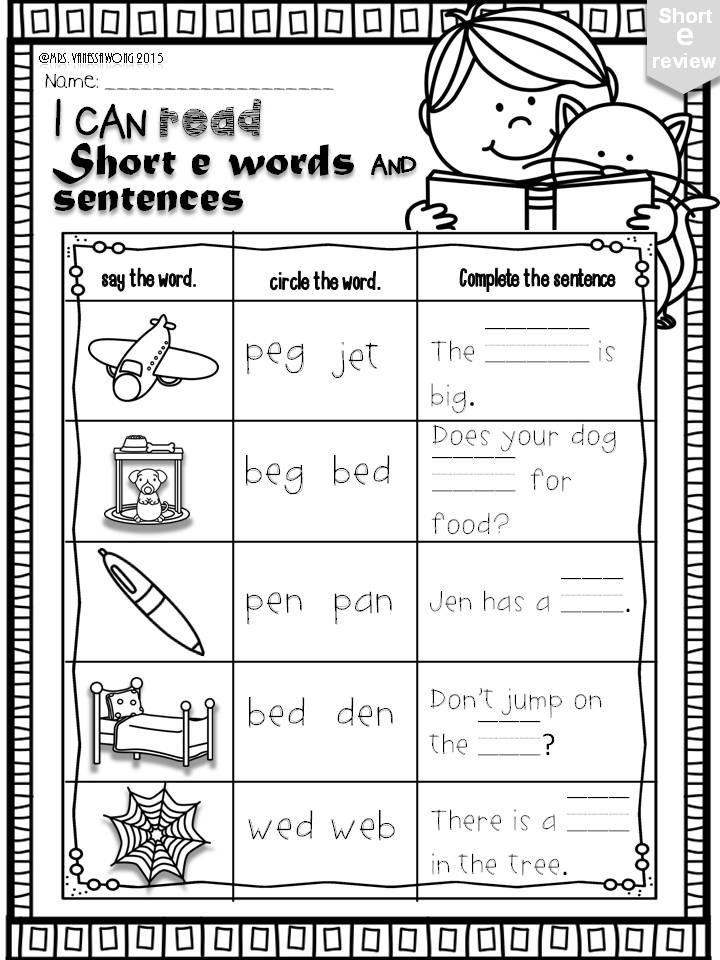
- Let's go for a walk! - Let's go for a walk!
- Let's play football outside. Let's play football outside.
- Let's invite Paul and Janice to the party. Let's invite Paul and Janice to the party.
Exclamatory sentences
Exclamatory sentence (exclamatory sentence) - a sentence expressing certain emotions or feelings. Often such sentences begin with the words what and how and end with an exclamation mark .
In exclamatory sentences only direct word order is used. However, often a sentence can only consist of one or two words.
- Marvelous! - Wonderful! (also with a hint of sarcasm)
- How wonderful! - How wonderful!
- It's such a beautiful life! - What a beautiful life!
- What a lovely day it is. - What a wonderful day today.
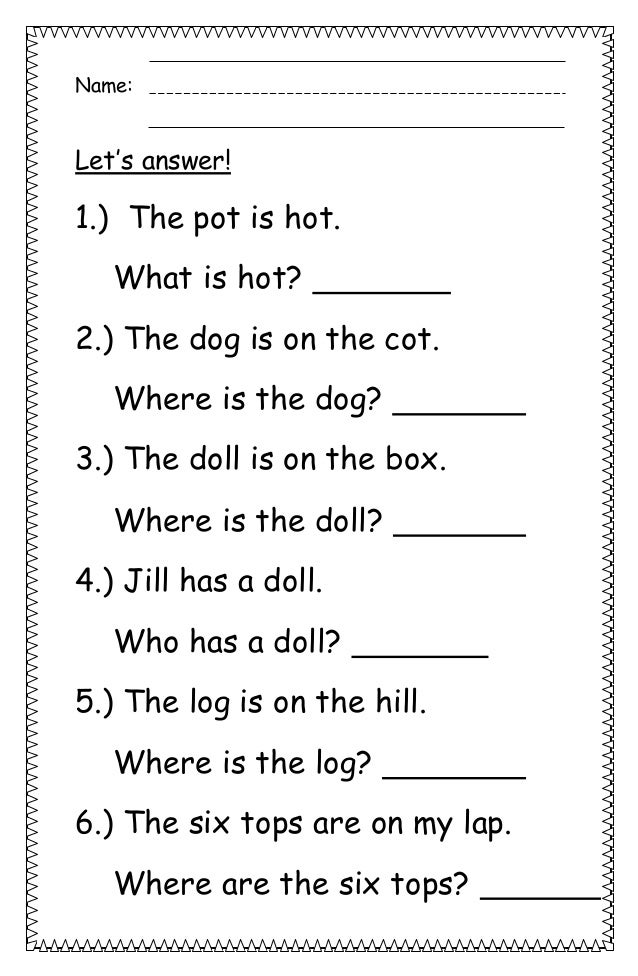
Types of simple sentences according to the structure
Simple sentences according to their structure (presence or absence of some members of the sentence) are divided into two-part and one-part , as well as uncommon and common .
Two-part sentence
Two-member sentence (two-part sentence) - a sentence in which there are both main members of the sentence (subject and predicate), or one of them is omitted, as it is clear from the context or the previous sentence.
- I don't like this book. - I don't like this book. nine0005 We had a lot of fun in Brazil! Swimming in the ocean, drinking cocktails, dancing. We had a lot of fun in Brazil! We swam in the ocean, drank cocktails, danced.
Two-part sentences , in turn, are divided into complete and incomplete.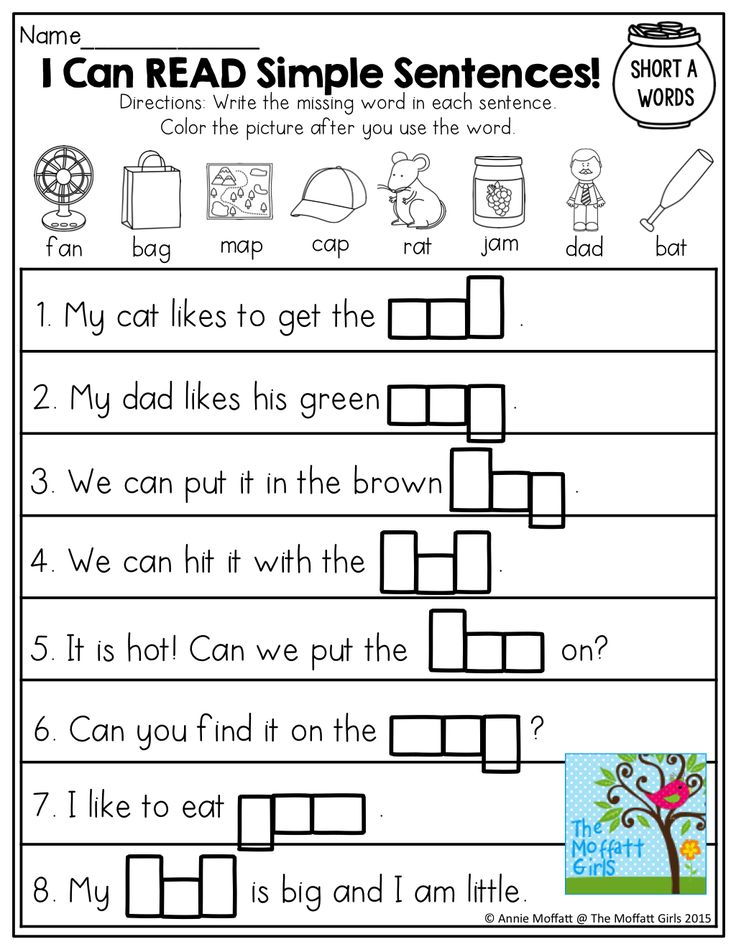 Complete sentence (complete sentence) - a two-part sentence in which there is both a subject and a predicate.
Complete sentence (complete sentence) - a two-part sentence in which there is both a subject and a predicate.
- The child smiled at us.
- We've bought a lot of candies for you. We bought you a lot of sweets.
- There was a big party at Caroline's place. Caroline had a big party.
Incomplete sentence (incomplete sentence) - a sentence in which one of the main members of the sentence is missing or both of them, as they are clear from the context. Such sentences are often found in colloquial speech, dialogues.
- Who did that? Mark, of course. - Who did this? Of course Mark. nine0369
- What did he do? Nothing at all! - What did he do? Nothing at all!
- What were we doing? Just chilling and talking. – What did we do? They just relaxed and talked.
One-part offer
One-member sentence (one-member sentence) - a special type of sentence in which there is only one main member of the sentence, and it cannot be unambiguously defined as a noun or a predicate.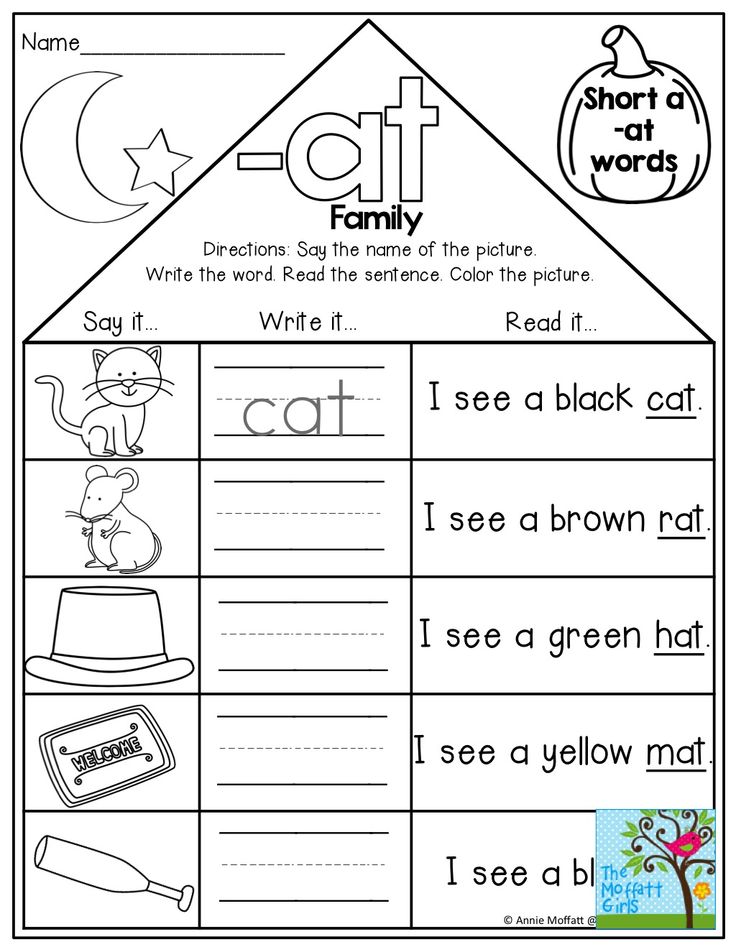 Sometimes such sentences are called sentence-phrases .
Sometimes such sentences are called sentence-phrases .
One-part sentences can be expressed using a noun or an infinitive of a verb.
- To be or not to be? - To be or not to be?
- To stay here – alone, forgotten by everyone. – To stay here – alone, forgotten by everyone.
- Spring! Birds singing, the sun shining, flowers in blossom. - Spring! The birds are singing, the sun is shining, the flowers are blooming.
Uncommon and common offerings
Unextended sentence (non-extended sentence) - a sentence in which there are no secondary members of the sentence, but there is only grammatical basis . Uncommon can be both one-part and two-part sentences.
- Spring. - Spring.
- To live! - Live!
- Don't talk! - Do not talk! nine0369
- She is sleeping. - She is sleeping.
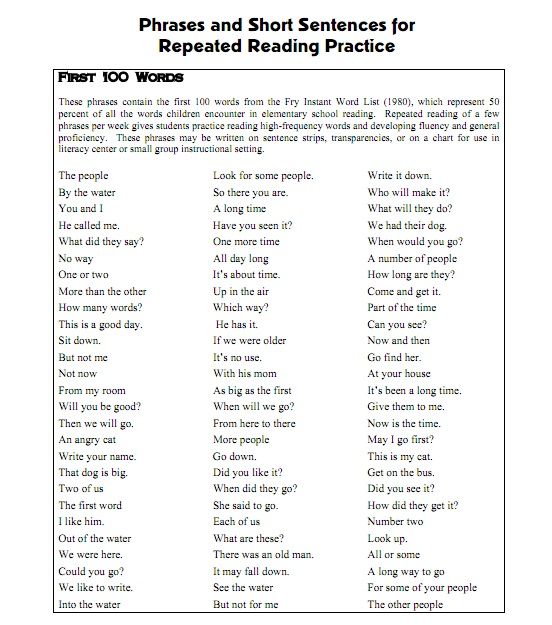
Learn more

